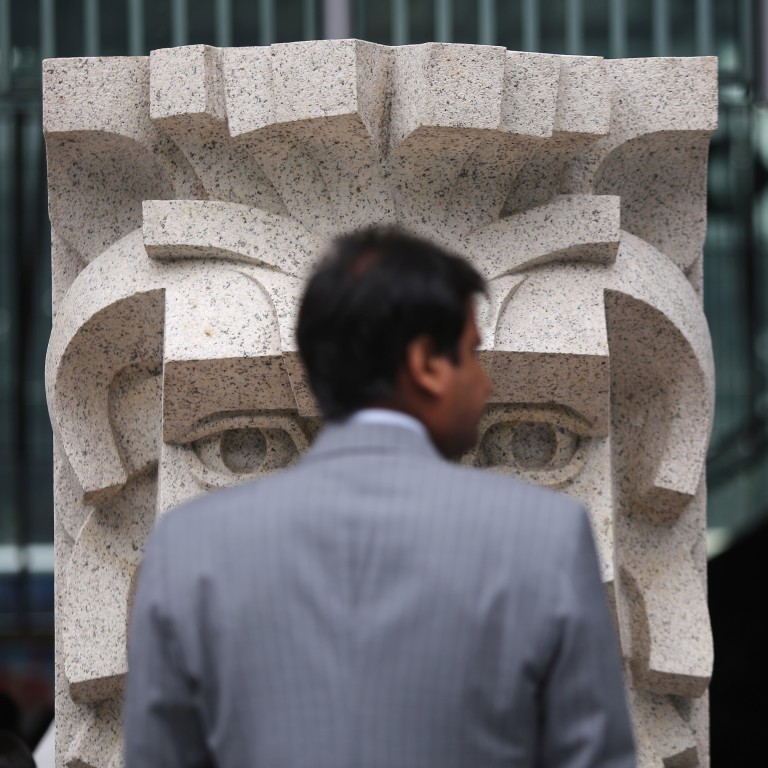
Chief executives with daughters run more socially responsible companies, research finds
CEOs with daughters get 12pc higher ratings for being socially responsible than those with sons
Business school professors have a knack for finding some pretty bizarre links between the personal lives of chief executives and their professional results at the companies they run.
Those who play golf more than 22 times a year are linked with lower corporate performance, while those who run marathons have better results.
Now, researchers are finding a link between the gender of a male chief executive's children and how well his company behaves towards society.
The most recent issue of spotlighted new research showing that chief executives who have daughters get roughly 12 per cent higher ratings for being socially responsible than those who have sons. And the median firm with a chief executive who has a daughter spends an extra 13.4 per cent of the firm's net income on corporate social responsibility programmes, the study found.
"Having a daughter seems to make the top executives of publicly traded companies in the US a bit softer, specifically in context of social responsibility," said co-author Henrik Cronqvist, a professor at University of Miami's business school. "Having a daughter seems to push the executives to care more about other stakeholders."
Cronqvist and his co-author, China Europe International Business School professor Frank Yu, used databases and internet searches to come up with their own list of S&P 500 chief executives who have children, then looked at corporate social responsibility data from analytics firm KLD for the years 1992 to 2012. KLD rates firms on six categories - community, diversity, employee relations, environment, human rights and product - and analyses companies on their strengths and weaknesses in such areas.
The professors found that companies run by male executives with female children rated higher for diversity, employee relations and eco-friendliness. Of those, according to Cronqvist, the category where the impact was the strongest is diversity.
What's the reason for the link? In the paper, the researchers draw on past studies showing that women tend to attach more weight to the well-being of others, plus an effect known as the "female socialisation hypothesis", which has been shown to prompt fathers to adopt some of their daughters' values and thinking.
The average age of chief executives in Cronqvist's study was 57, so many of their daughters are grown. As a result, their initial experiences in the workplace, their choice of college major or their professional aspirations may have begun to influence their fathers' thinking. Another study from 2011, for instance, found that after chief executives of Danish firms had a daughter, female employees' wages rose relative to their male peers, narrowing the wage gap.
Less than 4 per cent of the executives studied were women, but the researchers found that even male chief executives with a daughter tend to have only about a third the social responsibility rating of chief executives who are women.
Or as Cronqvist puts it: "Having the daughter seems to make male CEOs one third more female, with respect to the decisions being made."

